
😂 Show past tense. EXAMPLES OF VERB TENSES Past, Present and Future Tense Regular and
Verb tenses show us when an action takes place: in the present, past or future. Each of the three main tenses has a progressive, perfect and perfect progressive aspect which give us more information. This table of tenses in English grammar provides an overview of the 12 different verb tenses with examples, usage tips and signal words.
👍 To show past tense. show. 20190131
to talk about the past to talk about hypotheses (when we imagine something) for politeness. There are four past tense forms in English: We use these forms: to talk about the past: He worked at McDonald's. He had worked there since July. He was working at McDonald's. He had been working there since July.

Past Tense Definition, Rules and Examples of Past Tenses • 7ESL
Definition: To Show Irregular verb: To Show Verb conjugation: Show - Showed - Shown Meaning of 'To Show' To allow somebody to see something so that they can become aware of it Conjugation of verb 'Show' Irregular Verbs Following a Similar Pattern Verbs like: UsingEnglish.com is partnering with Gymglish to give you a free one-month trial
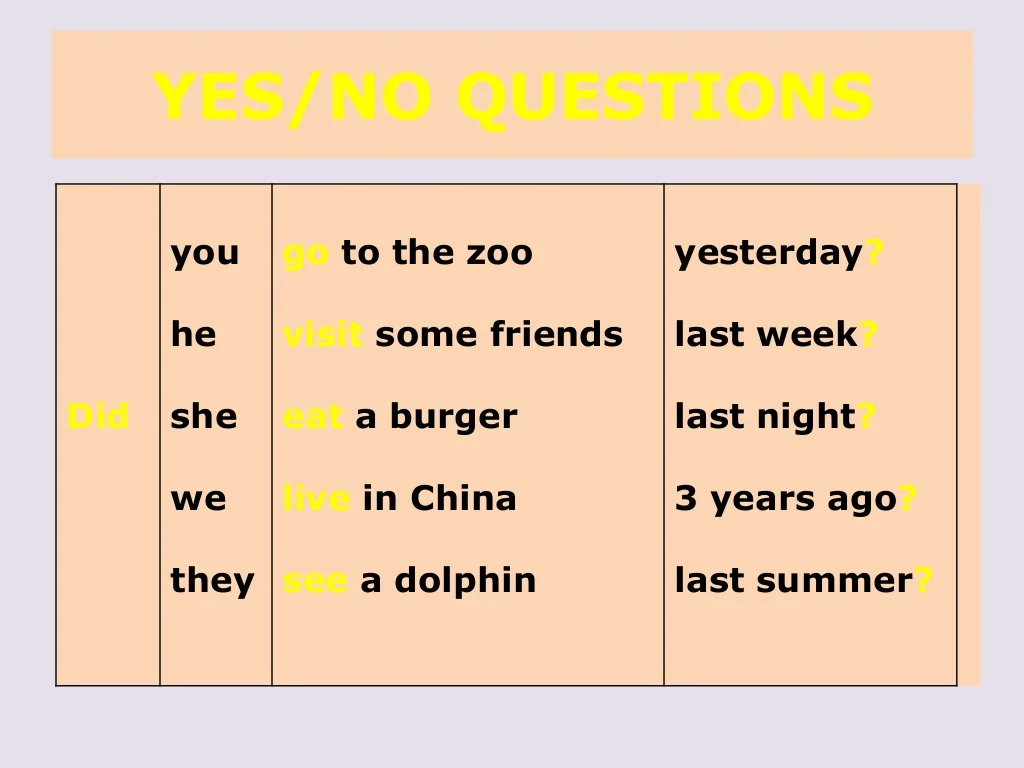
The Past Simple Tense With A Picture D8C
'show' is the model of its conjugation. infinitive: present participle: past participle: (to) show showing showed, show n definition in Spanish in French in Italian Indicative Perfect tenses ⓘ Continuous (progressive) and emphatic tenses Compound continuous (progressive) tenses Conditional ⓘ Imperative Subjunctive ⓘ

Past Tense of Show Showed or Shown? (Pronunciation & Usage)
What is the past tense of the word "show" The past tense (past participle) form of "show" is "showed." The infinitive of the word form is "show." The present participle form is "showing." The past tense form is "showed" and past participle form is "shown." Understanding verb tenses The general grammar rules that govern past tenses are as follows.
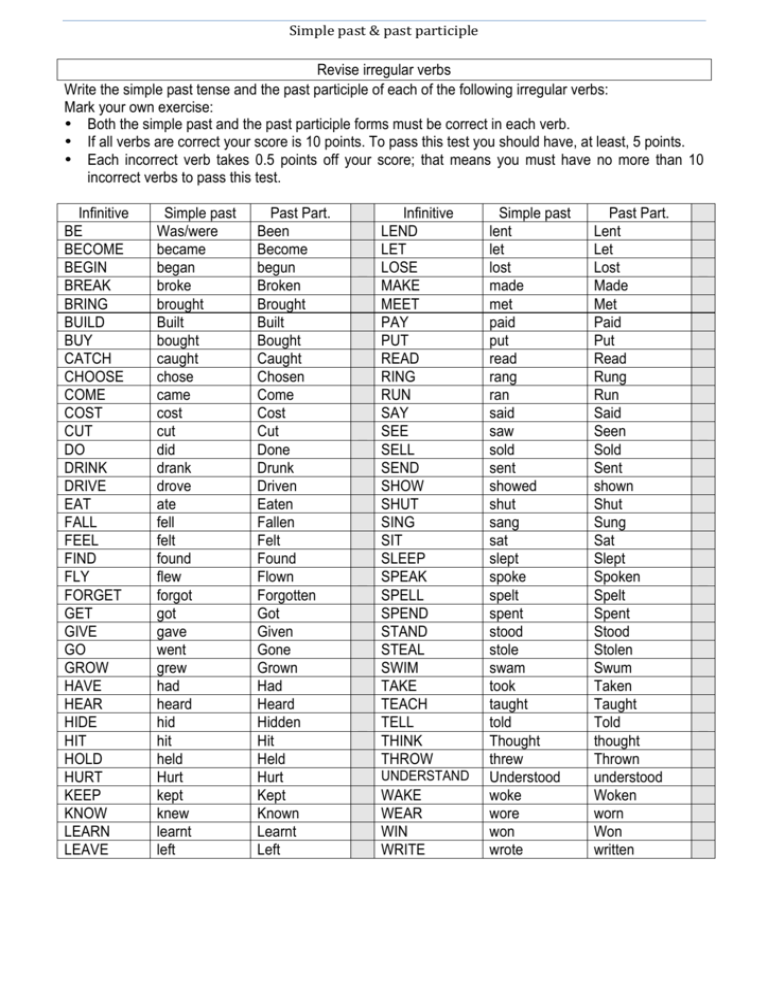
Show Past Tense
The past tense is a verb tense used for a past activity or a past state of being. For example: I jumped in the lake. (This is a past activity.) I was happy. (This is a past state of being.) Table of Contents Video Lesson The Four Past Tenses Explained Simple Past Tense Examples of the Simple Past Tense Past Progressive Tense

Past Tense of Show, Past Participle of Show, V1 V2 V3 V4 V5 Form of Show English Study Here
The past tense in English describes events that have already happened. How to form the past tense in English: take the present tense of the word and add the suffix "-ed"" . For example, to turn the verb "walk" into the past tense, add "-ed" and you get "walked." Questions Tips & Thanks Want to join the conversation? Sort by: Top Voted nathan
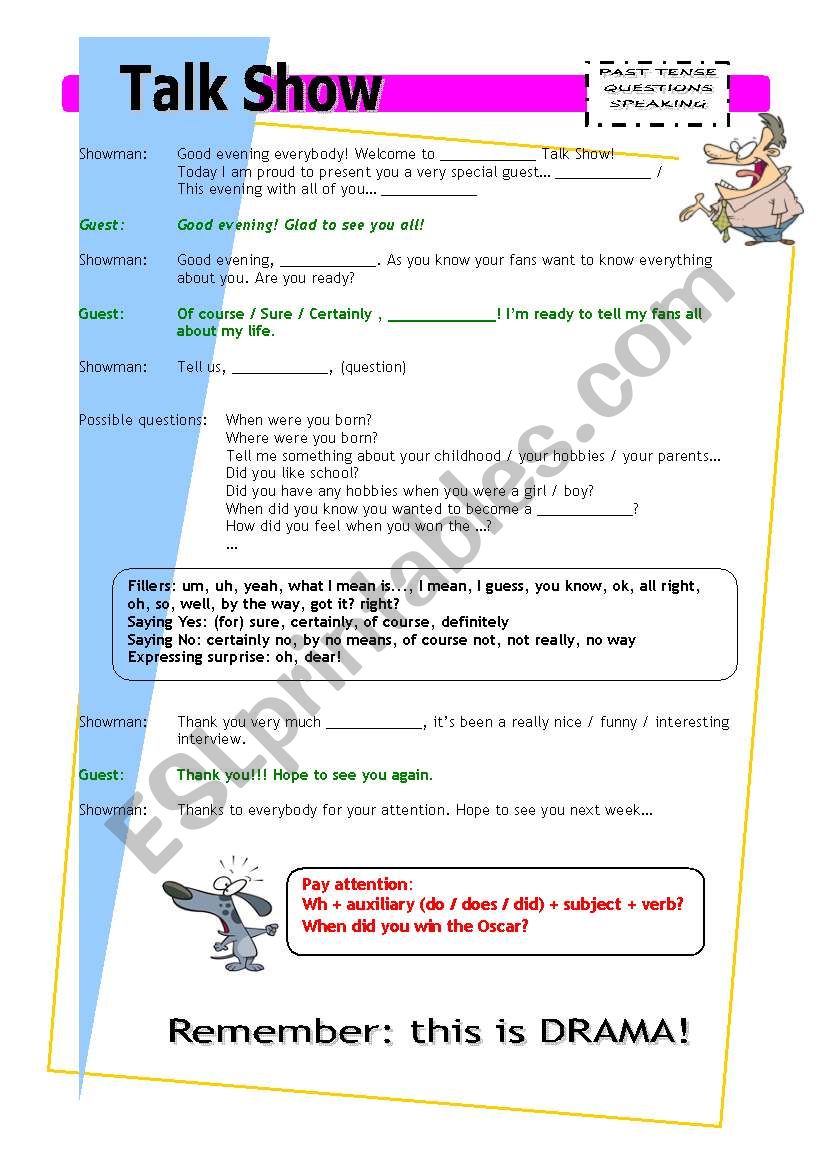
😂 Show past tense. EXAMPLES OF VERB TENSES Past, Present and Future Tense Regular and
Verb tenses are changes or additions to verbs to show when the action took place: in the past, present, or future. The phrase verb tense is also used for grammatical aspects, which add more details about the duration or time an action takes.
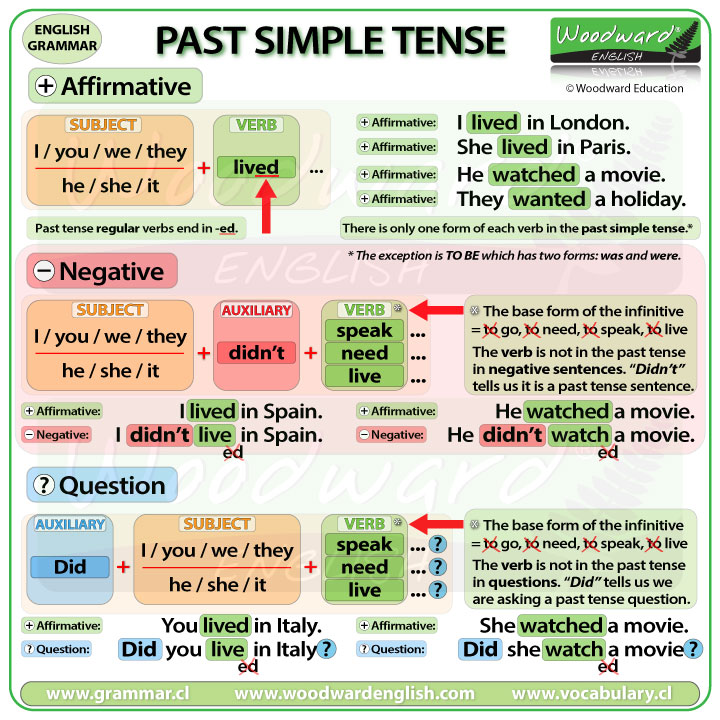
💄 The simple past tense form of the verb begin is. Begin Past Tense Verb Forms, Conjugate BEGIN
What Is The Past Tense Of Show? There is something funny about this special verb. Although "show" belongs to the irregular verb group, show past tense remains similar to the regular form - showed. The table below will illustrate several common forms of verb show. Pronunciation

Latihan Bahasa Inggeris Past Simple Tense Worksheet Twinkl
Conjugation verb show X English Toolbox: British vs. American English Auxiliaries, modals Irregular verbs show Infinitive to show Preterite showed Past participle shown/showed Model : show / obey Auxiliary : have, be Other forms: show oneself / not show Contractions Advertising Indicative Present I show you show he/she/it shows we show you show

Past Tense Of Sew, Past Participle Form of Sew, Sew Sewed Sewn V1 V2 V3 Past Tense of Sew We use
One common mistake is using the wrong form of the verb "show" in the past tense. The correct form is "showed," but some learners might use "shown" instead. While "shown" is a past participle form of the verb, it is not the past tense form. Example: Incorrect: Yesterday, I have shown my project to the teacher.

😎 Past tense of to show. Past Tense (Jack Reacher, 23) by Lee Child. 20190301
past tense of show is showed. Show verb forms Conjugation of Show Simple / Indefinite Present Tense He/She/It shows . I show. You/We/They show. Present Continuous Tense He/She/It is showing. I am showing. You/We/They are showing. Present Perfect Tense He/She/It has shown or showed. I have shown or showed. You/We/They have shown or showed.
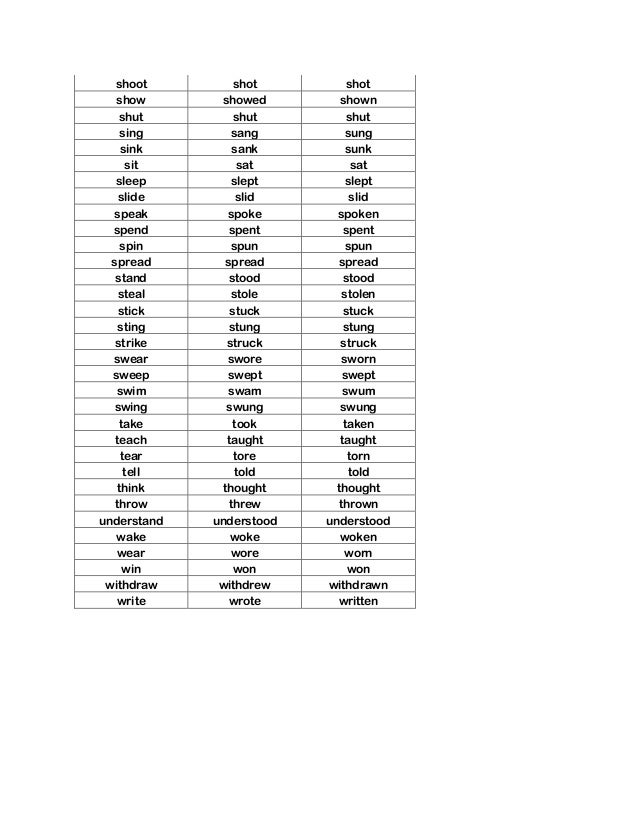
👍 To show past tense. show. 20190131
The past tense of the verb "show" is "showed", and the past participle is "shown". Verb Tenses Past simple — show in past simple showed (V2) . Future simple — show in future simple is show (will + V1) . Present Perfect — show in present perfect tense is shown (have/has + V3) . Past Perfect — show in past perfect tense is shown (had + V3) .
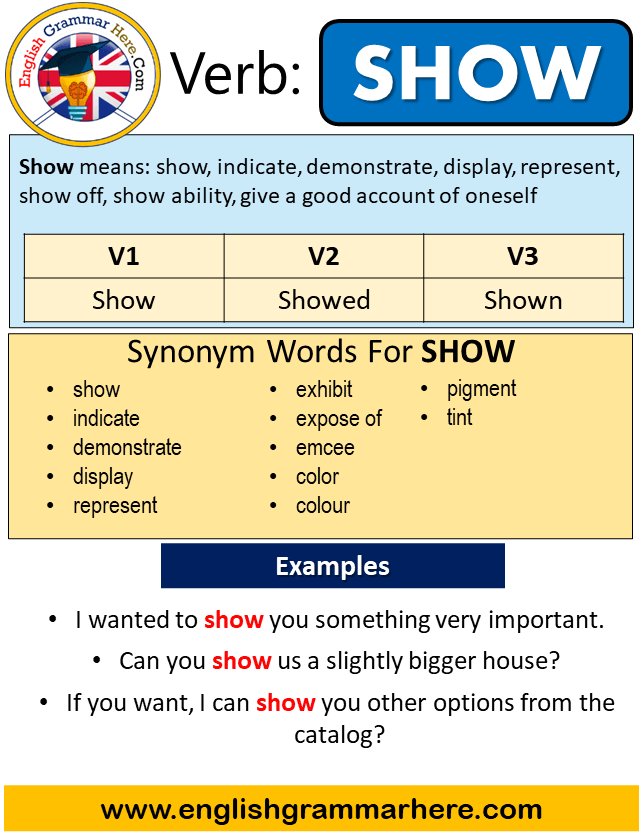
Show Past Simple, Simple Past Tense of Show, Past Participle, V1 V2 V3 Form Of Show English
What's the past tense of show? Here's the word you're looking for. Answer The past tense of show is showed . The third-person singular simple present indicative form of show is shows . The present participle of show is showing . The past participle of show is shown or showed . Find more words! show Similar Words displayed exhibited presented aired

Show Past Tense Verb Forms, Conjugate SHOW
Tenses of 'show' 1. Show is in the present tense: The government's popularity is declining, as the polls show.. 2. Shows is the third-person present singular: She shows this to everyone, so don't worry.. 3. Showing is the present participle form: I'm showing you something that's really important to me, so please pay attention!. 4. Showed is the simple past tense: He showed up right.
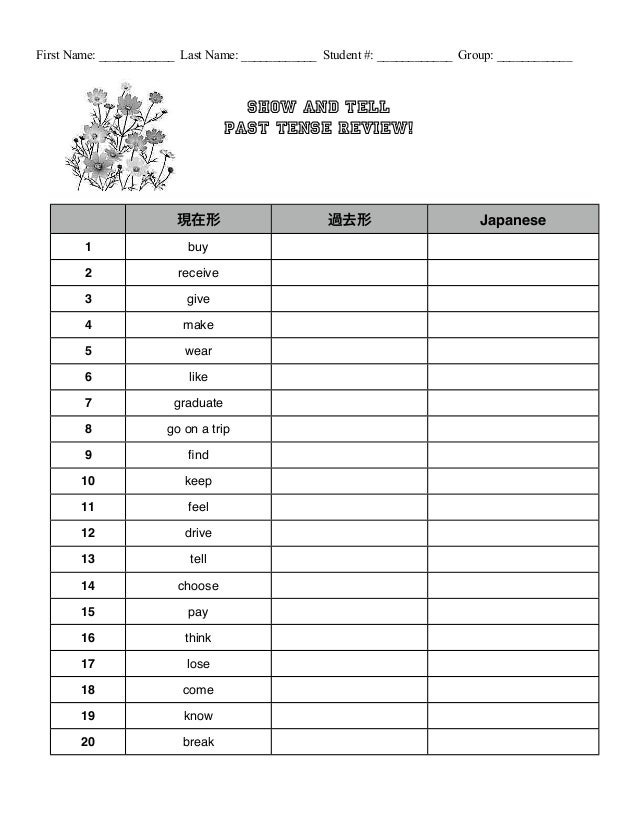
👍 To show past tense. show. 20190131
Table of irregular verbs - English Grammar Today - a reference to written and spoken English grammar and usage - Cambridge Dictionary